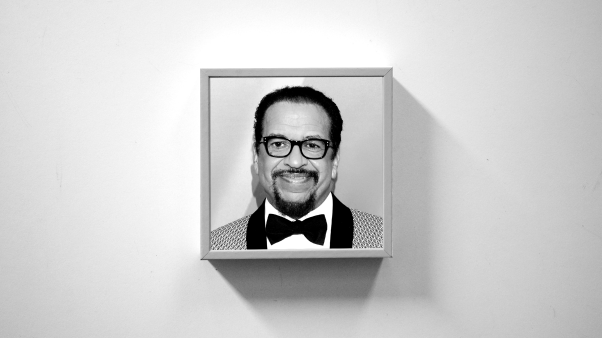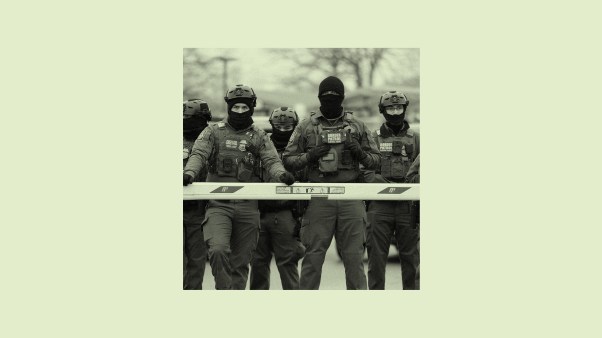Early this year 60,000 students converged on the Georgia Dome for the annual Passion conference. The four-day event had the stated purpose of "making Jesus famous and fighting modern-day slavery." The popularity of such events attests to the white-hot enthusiasm among younger Christians for engaging justice issues. How can churches channel this excitement and help congregants, young and old, exercise their faith on behalf of "the least of these"? Nicole Unice interviewed Jim Martin, author of The Just Church (Tyndale, 2012) and vice president of church mobilization for International Justice Mission (IJM), a human rights agency that protects the poor from violence.
What's the idea behind The Just Church?
We tend to make the connection between justice and mission quite easily. But I wanted to connect justice and discipleship, too. Every pastor I know is asking, "How do I mobilize my congregation?" Most people in our churches know so much already. There's an abundance of information out there about these problems and injustices. But how can we get people to take action? And how does activism relate to personal discipleship? I've found that engaging justice issues is the most fertile ground available for helping people to grow.
You write about the need for people to engage in risk in order to grow. Do you see most churches as risk-averse?
It's a natural human tendency to insulate ourselves from risk or suffering. We crave security. But in some ways, we are creating a life for ourselves where we don't need any faith. In the Old Testament, when people repeatedly tried to set their lives up in a way that didn't require faith, this always made God angry. Many of us are in situations that require very little risk of us. The problem is, if we are risk-averse, we will become faith-poor.
How can you lead people toward risk?
Good leaders lead people to the places where their faith is most deeply challenged. That's a hard thing to do in wealthy, comfortable churches. Not only do leaders need to be encouraging people to take risks, they need to be taking risks as well. They need to be out front. When we enter into risk together, and we're taking risks for something God cares deeply about, we are forced to trust God together. And we have the opportunity to see God in bigger ways than we ever have before.
How does justice relate to a church's health?
This is a unique time in history. Because people are so aware of needs around the world, our churches have the opportunity to take leadership on issues that concern our entire communities. Building a justice ministry in your church will involve not just the adults but also youth who are passionate about this issue. Engaging in justice will alter the course of these young people's lives. But don't do it exclusively for them, because a justice ministry should include the passion and the wisdom of multiple generations.
For churches that aren't engaged in tackling justice issues, what's the first step?
Early on we (IJM) made the mistake of not providing practical ways for churches to get involved. We would go into churches, preach on the issue, and then leave without giving them a way to get traction. Since then, we've grown and established multiple ways for a church to engage.
One of the first steps is to take an inventory of your members' justice interests. Are people in your church already volunteering with local domestic violence and sexual abuse services? What are the latent skills in your congregation? Consider hosting a screening of a documentary on modern-day slavery (available at IJM.org) at your church. Make sure you invite people in the "latent skills" category.
Also, incorporate justice issues into your church's teaching. As pastors and leaders, when we feel convicted from Scripture, we tend to act. That's what we are good at. Let's get our people aware of the issue, but also realize that this isn't a one-time sermon. This is about changing the culture in our churches, and I believe it's a move toward the heart of God.
Copyright © 2013 by the author or Christianity Today/Leadership Journal. Click here for reprint information on Leadership Journal.









